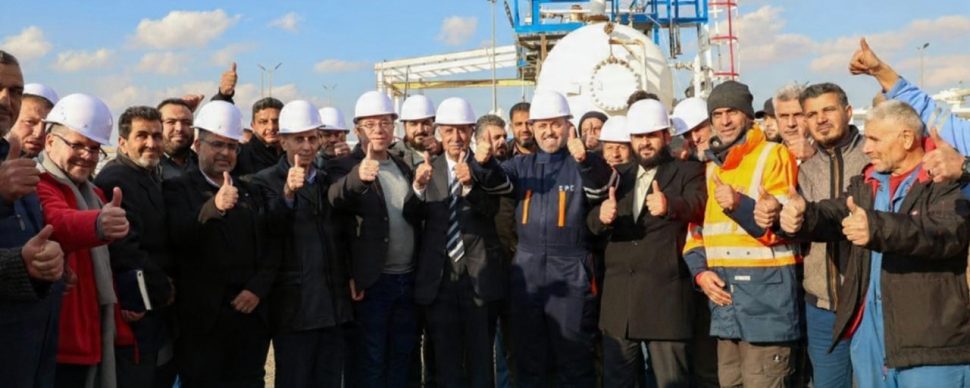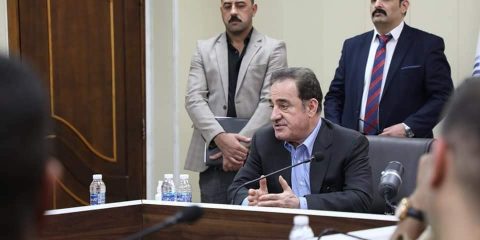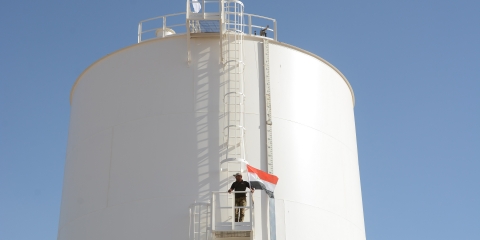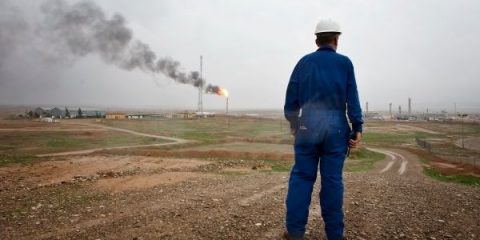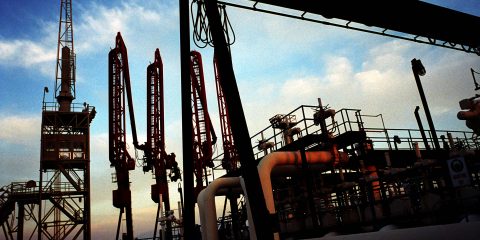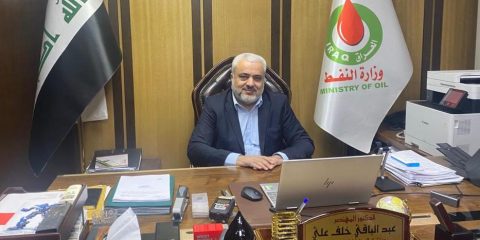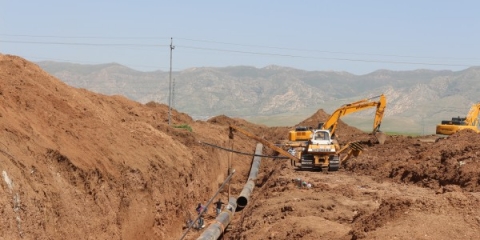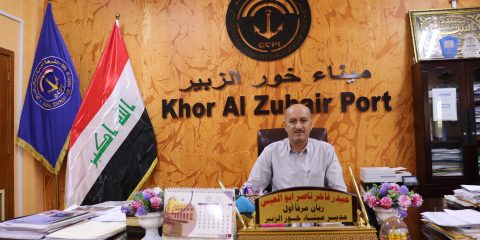As Iraq approaches the summer peak of electricity demand, another crisis is looming as the caretaker government lacks the budget authority to boost power supply.
Damascus moves to centralize control over Syrian oil sector
Kurdish-led authorities in northeast Syria are losing their hold on the country’s largest oil fields as foreign investors look for opportunities.